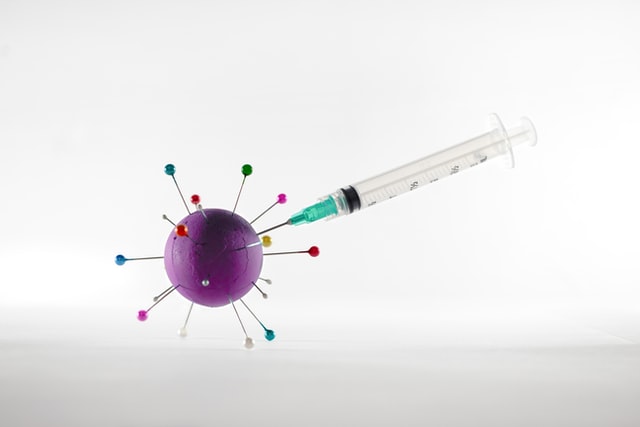
The country’s speedy vaccination rollout has been a success and brought the surge of infections under control. Daily deaths and hospitalisations remained well below February’s levels, with new cases primarily reported among younger, unvaccinated people who are less likely to fall seriously ill.
With around half of the population currently fully vaccinated, restrictions will slowly be lifted over the next few months following a three-stage plan.
Prime Minister António Costa spoke at a news conference the move marked the beginning of the country’s journey towards “total freedom.” adding “Vaccination has contributed very significantly to (allowing) these measures… but we cannot ignore the fact that… the virus continues to circulate…. the pandemic has not disappeared,”
The first stage started last week as the country lifted some of the COVID-19 restrictions, including scrapping the nighttime curfew and the reopening of restaurants.
People can now fully enjoy going to a restaurant and fans can return to sporting events under certain conditions, which have yet to be clarified, and although working remotely is still recommended, it will no longer be compulsory.
The second phase of the plan is due to start in September when 70% of the population will be fully vaccinated.
People can then expect to see the end of the current compulsory use of masks in outdoor areas, except when in big gatherings. Masks will remain compulsory indoors and an EU digital certificate or a negative coronavirus test will be required to enter.
The digital certificate or a negative test is also needed to stay in hotels, dine indoors at restaurants at the weekend, and attend fitness group classes at the gym, spas, casinos, weddings, and big events.
Further lifting of COVID-19 restrictions will come into effect by October when 85% of the country’s population is completely inoculated. Nightclubs and bars that have been closed for the past 16 months, will finally reopen in this third and final phase of the restriction lifting plan.